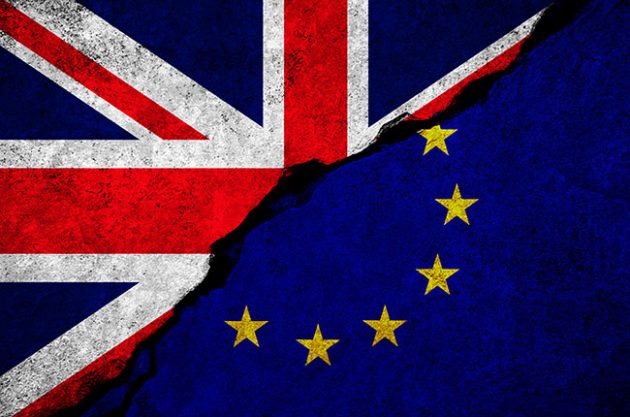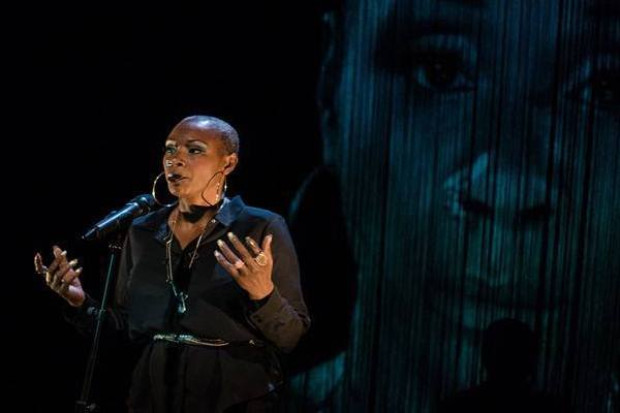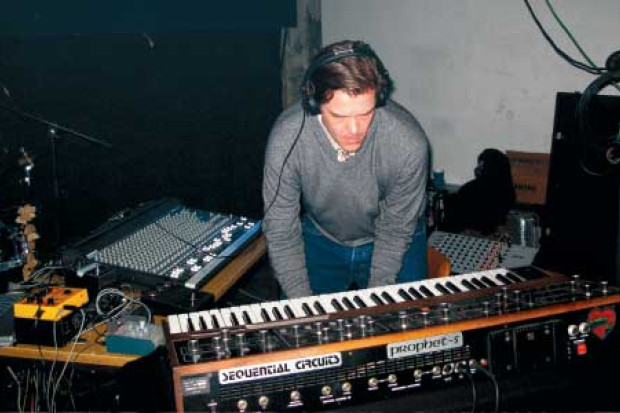
What Does Brexit Mean for Music?
To lay my cards on the table, I am a European. My mother was born in Germany, my father in England, my son-in-law and my grandchildren are Belgian, three of my children are eligible for Irish passports, and 170 years ago my wife’s great-great-grandfather walked down a lane in County Monaghan on his way to a job in the Tyneside shipyards, never to return.
I feel at home in lots of places but especially under northern skies, whether in Yorkshire, Berlin or the Baltic coast: it’s a light I understand, a light that inspires me. But in June 2016, so we keep being told, ‘the British people chose to leave the European Union’, and that choice has made the country where I live feel a lot less like my home.
The arguments go on but the truth is that Leave voters were making a statement about a host of different things. I live in the privileged metropolitan arts bubble of London but I also sit on buses, in trains, in pubs, and listen to people talking and what I hear more than anything else, especially amongst older people, is no less than a lament about modernity. The conversation may be about immigrants or Brussels bureaucrats but underpinning it all is a nostalgia for a life that, once upon a time, was more straightforward and, somehow, both more Great and more British.
The consequences of the 2016 referendum are already, and will continue to be, catastrophic. If the UK’s EU membership does end, many of the people who voted Leave will be poorer. If, on the other hand, the UK eventually decides it will have to stay in the EU after all, those same Leave voters’ distrust of what they see as an alien political class will be confirmed. Only a bunch of shameless opportunists could have dreamt up such a nightmare scenario, but that’s the bunch who have been in charge in Westminster since 2010.
An insular affair
What does this mean for music? For British performers it means that access to the single market may become much more difficult. Many British instrumentalists and singers have relied on being able to travel freely across the continent, playing a concert in Barcelona tonight, rehearsing in Lyon tomorrow. Will they need visas and work permits in the future and, if so, how many of these artists, or the promoters who hire them, will want to take on that extra administrative burden? Rather than waiting to find out I know many musicians who are shaking their family trees in the hope that one of their ancestors may turn out to have been a non-British passport-holder.
For British composers the prospects are a little different, but no less gloomy. New music in the UK has always been a rather insular affair, with most composers studying at British conservatoires and universities, writing music for British ensembles to play to British audiences. That London arts bubble, the one I live in these days, is part of the problem: there’s a sense that London performances are more important, indeed that until something has happened in London it hasn’t really happened. Genuinely international new music events are few and far between, and mostly away from London, so that when they do happen they feel doubly exotic: not just foreign music, but in places as remote as Huddersfield or Glasgow.
In the internet age, however, physical location has been less significant and so there are British composers scattered across the continent. Cheaper rents in Berlin, for example, attracted the hipster artistic community who were being priced out of the cool bits of east London. Perhaps that’s why the announcements on the U-Bahn are now in English as well as German. What will Brexit mean for these musicians? Relocation, or just a longer wait in the passport queue?
Resistance
But these issues are, it seems to me, only the most superficial symptoms of a much deeper malaise. When Brexiteers talk about regaining sovereignty over UK borders, about the UK once again being able to make its own trade deals, they are also telling us about how they see the world, that for them humanity is not a network of people and cultures but of commercial transactions. Foreign Secretary Johnson’s recent suggestion that the border in Ireland is no more a ‘problem’ than the boundary around the Congestion Charge area in London reveals a world view in which culture, history and language play second fiddle to the generation of revenue.
In this world it doesn’t matter what Brexit means for music, but for those of us who actually make music Brexit must surely mean resistance, not just to the UK leaving the EU, which may or may not happen, but to the waves of social disquiet ridden by Trump, Le Pen, Putin, the AfD and the Brexiteers, the corrosive disillusionment which these fraudsters pump into civil society. If music is going to offer an authentic resistance, to ring true, its makers will need to interrogate every aspect of what they do, in the music they make and in public conversations about that music.
Everything is important
Music involves people gathered in space, real or virtual, but who are they? How did they get here? If some are playing and some are listening and watching, who decided that that would be their relationship? What sorts of sounds are involved and how are these being made? If those playing and listening feel some sort of ownership of these sounds, how did that come about? How do particular sounds come to belong to particular cultures and how solid is that bond?
As Helmut Lachenmann once asked, when did we stop noticing that the percussion sections of European orchestras are museums of colonisation, with gongs next to xylophones, snare drums next to pod rattles? Or to take a current example, why does Ludwig Göransson’s score for Black Panther play safe, using a symphony orchestra to glue together the Africa Goes to Hollywood soundtrack, when the film’s storyline is such an unusual departure for blockbuster moviemaking, with its inversion of conventional First World/Developing World stereotypes?
This sort of questioning is important because things go wrong when assumptions are left unchallenged. Yet there are models for a progressive, questioning music. In Ireland, for example, both Linda Buckley’s ó íochtar mara and Jennifer Walshe’s EVERYTHING IS IMPORTANT, in their very different ways, test ideas of identity, of what music can and should be in a world of truth and post-truth. Brexit is a catastrophe but out of the ashes of complacency it’s important to believe that something better can emerge, a more thoughtful, representative society. It’s also important to believe that music can articulate something about how this might happen, about what it is to be thoroughly engaged with the existential realities of the contemporary world. That’s what Brexit means for music.
Published on 14 March 2018
Christopher Fox is a composer, teacher and writer on music.












